Recommendation
No single, simple solution can solve the complex problems of today’s almost inconceivably complicated, interconnected world. Economist Tim Harford understands that evolution – gradual adaptive change – breeds far more success than revolution. In this thought-provoking book, Harford draws examples from multiple disciplines, illuminates the gap between how things work and how people think they work, and maintains reader interest with his entertaining style. getAbstract recommends Harford’s tactics for dealing with complexity to anyone who wants to think more clearly, assess policies or plan for the future.
Summary
About the Author
Tim Harford is the author of The Undercover Economist.
By the same author
Article
Learners who read this summary also read
Book
Book
Book
Book










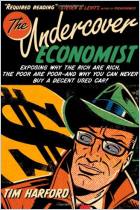
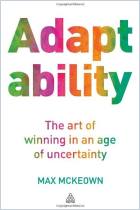
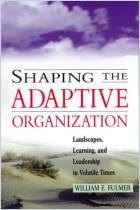
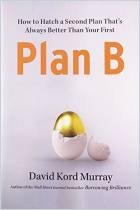
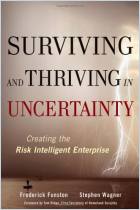
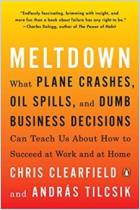
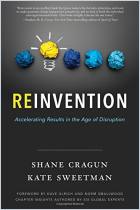






Comment on this summary or Diskussion beginnen